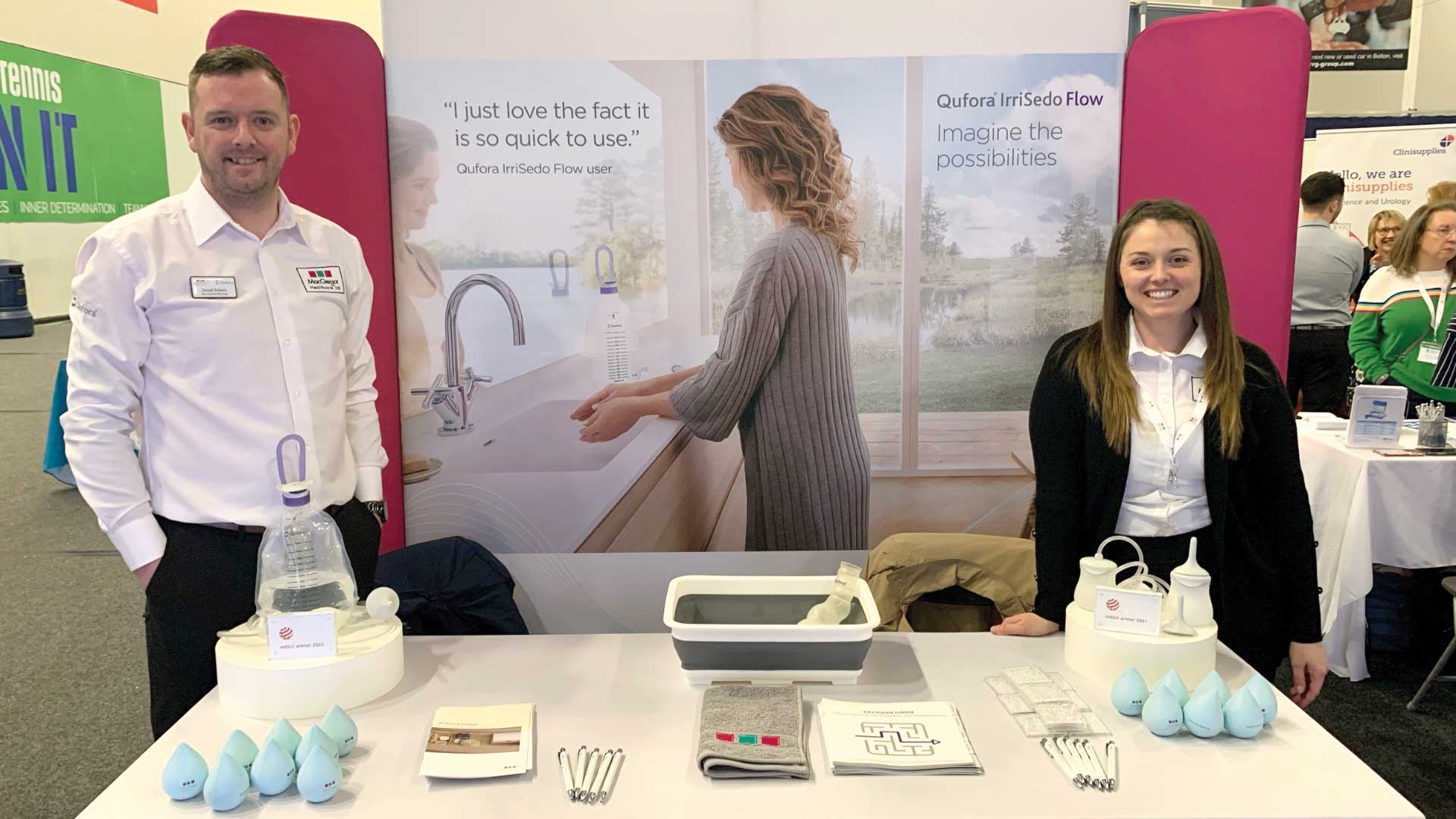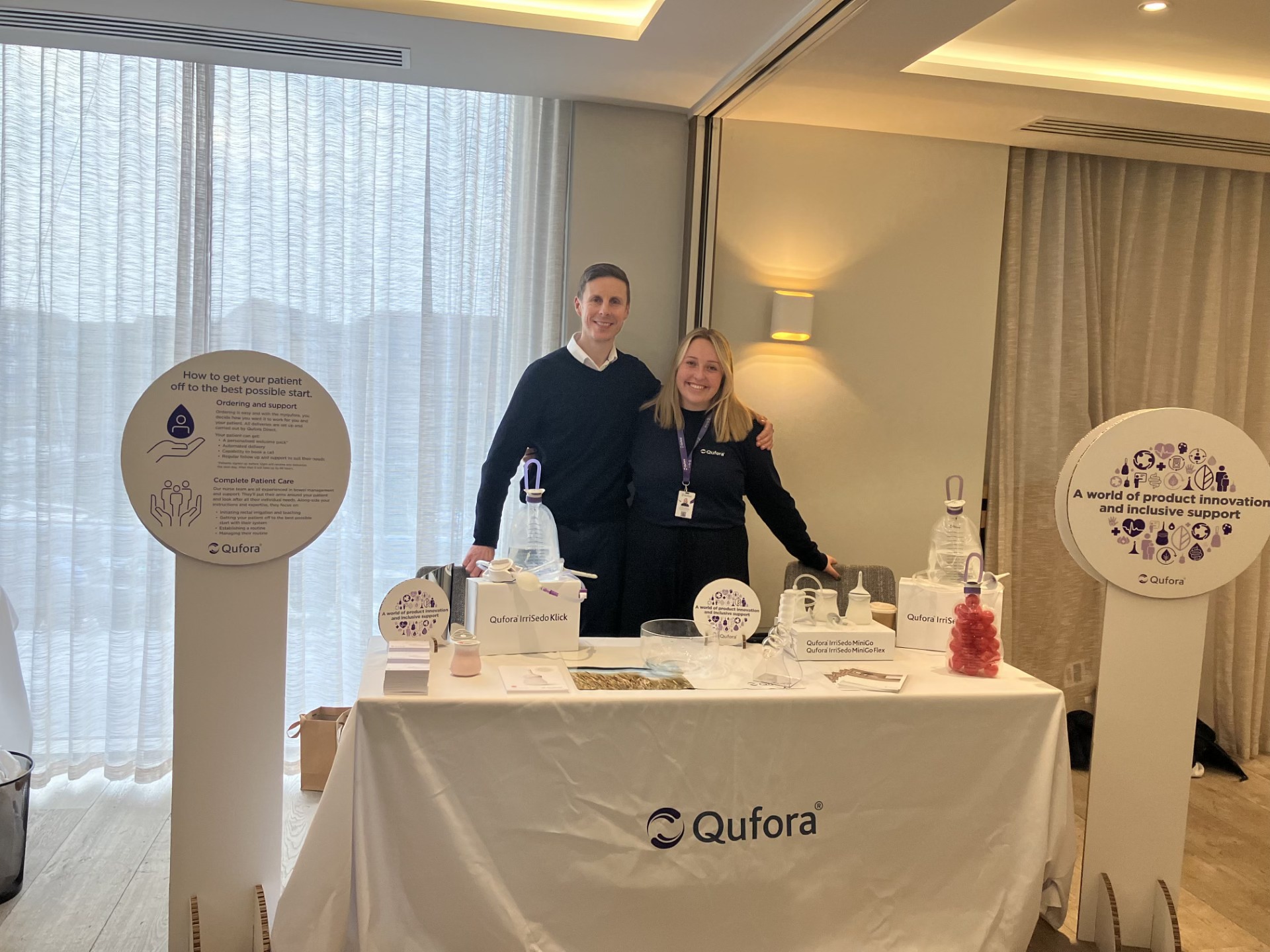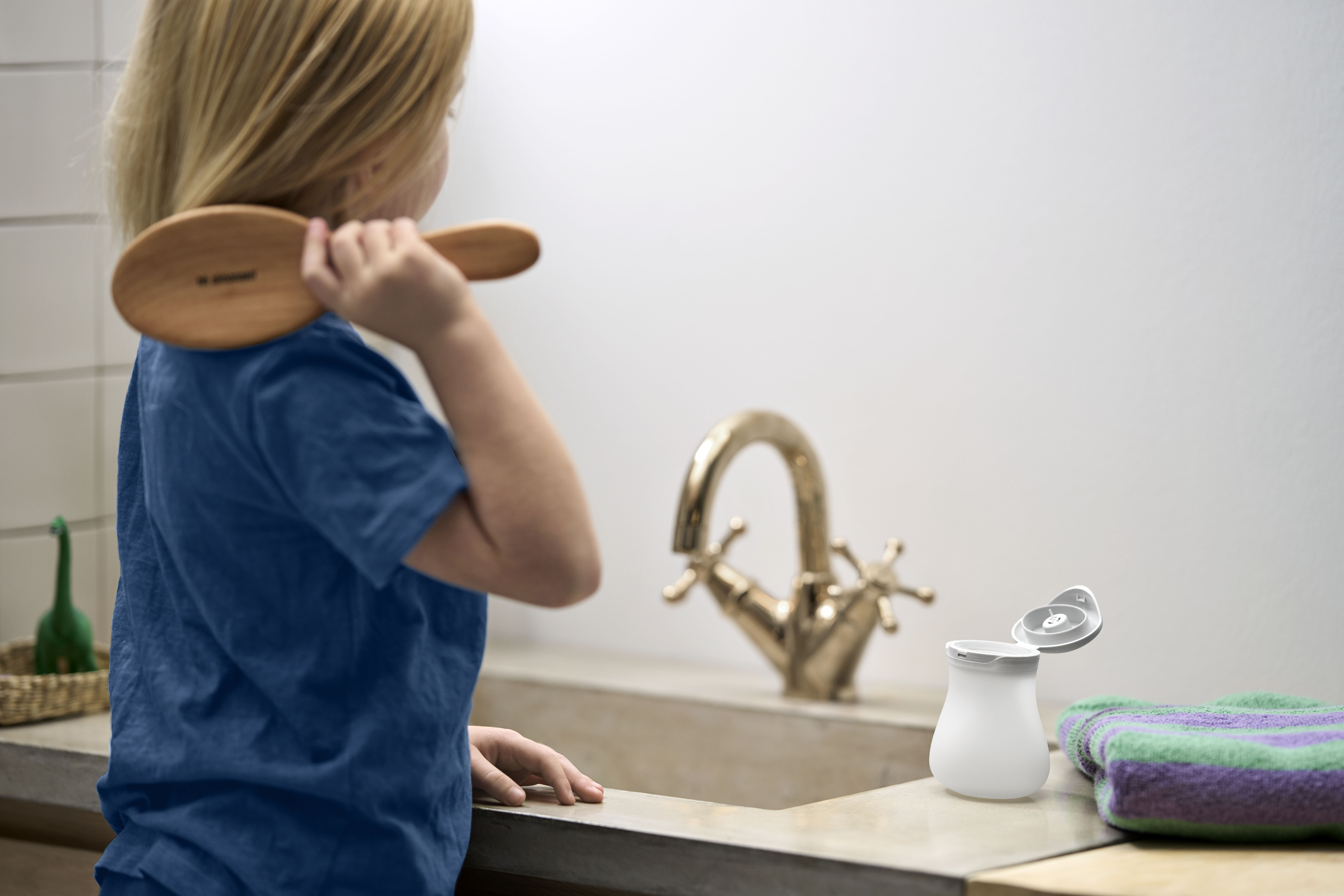By Michelle Henderson, Clinical Education Manager
Conference season has started!
It was a pleasure to attend my second Bladder and Bowel UK Professional Symposium in my role as Clinical Education Manager.
This was a superb event with a full and interesting programme, and lots of learning. The concurrent paediatric and adult sessions means there’s a broad range of healthcare professionals to network and share experiences with.
Here is a summary of my key takeaway messages.
Blending of roles within Multidisciplinary Teams (MDT)
It was interesting to hear how those working within multidisciplinary teams (consisting of both nurses and physios) are keen to standardise treatment pathways so that all staff are able to deliver the same treatments, including rectal irrigation (both low and high volume). This allows the team to draw upon a broader range of skills and competencies.
Multi-professional working promotes greater autonomy, skill enhancement and knowledge sharing, improving job satisfaction and it is of course, hugely beneficial for the patient. It was great to hear how this approach is saving extra referrals between disciplines and streamlining the patient experience.
For more information about MDT working, click here.
We also spoke with Dr Jide Menakaya at the end of 2022 to hear about his experiences of working within an MDT, which you can hear about by clicking the image below.

‘Psychosocial Aspects of Adherence’
Dr Lou Maclean & Dr Wendy Walker, Clinical Psychologists
I enjoyed listening to this session delivered by Dr Lou Maclean & Dr Wendy Walker, Clinical Psychologists working within paediatric services in Leeds.
An engaging presentation, relevant across both paediatric and adult settings. They started off with the staggering fact that,
Up to 50% of all prescribed medications are not taken, which can have a negative impact on both the patient and healthcare providers.
Lou and Wendy shared some conversational tricks, using techniques such as reflection, paraphrasing and listening for ‘not ready to change’ talk, to identify where the patient is at in their treatment journey. I was reminded of patients I have taught rectal irrigation to who then stop using the treatment. Using these techniques may be useful for making sure the patient is ready to learn rectal irrigation.
What can we take away from this?
A key message for me was the importance of ‘drilling’ down to what exactly the patient means. In my clinical experience, this was really important when reviewing a patients progress with rectal irrigation, helping to identify any barriers to adherence.
Overall, a great conference. Thank you to all of you who visited our stand and showed such a huge interest in the Qufora range of products, we really enjoy meeting new faces and catching up with those we know.







